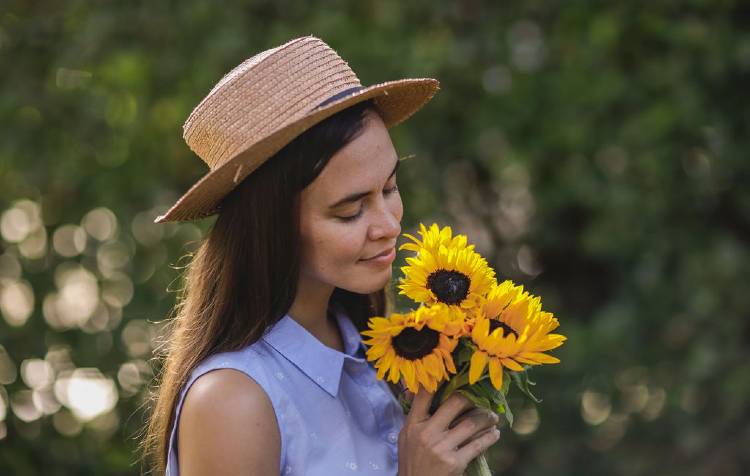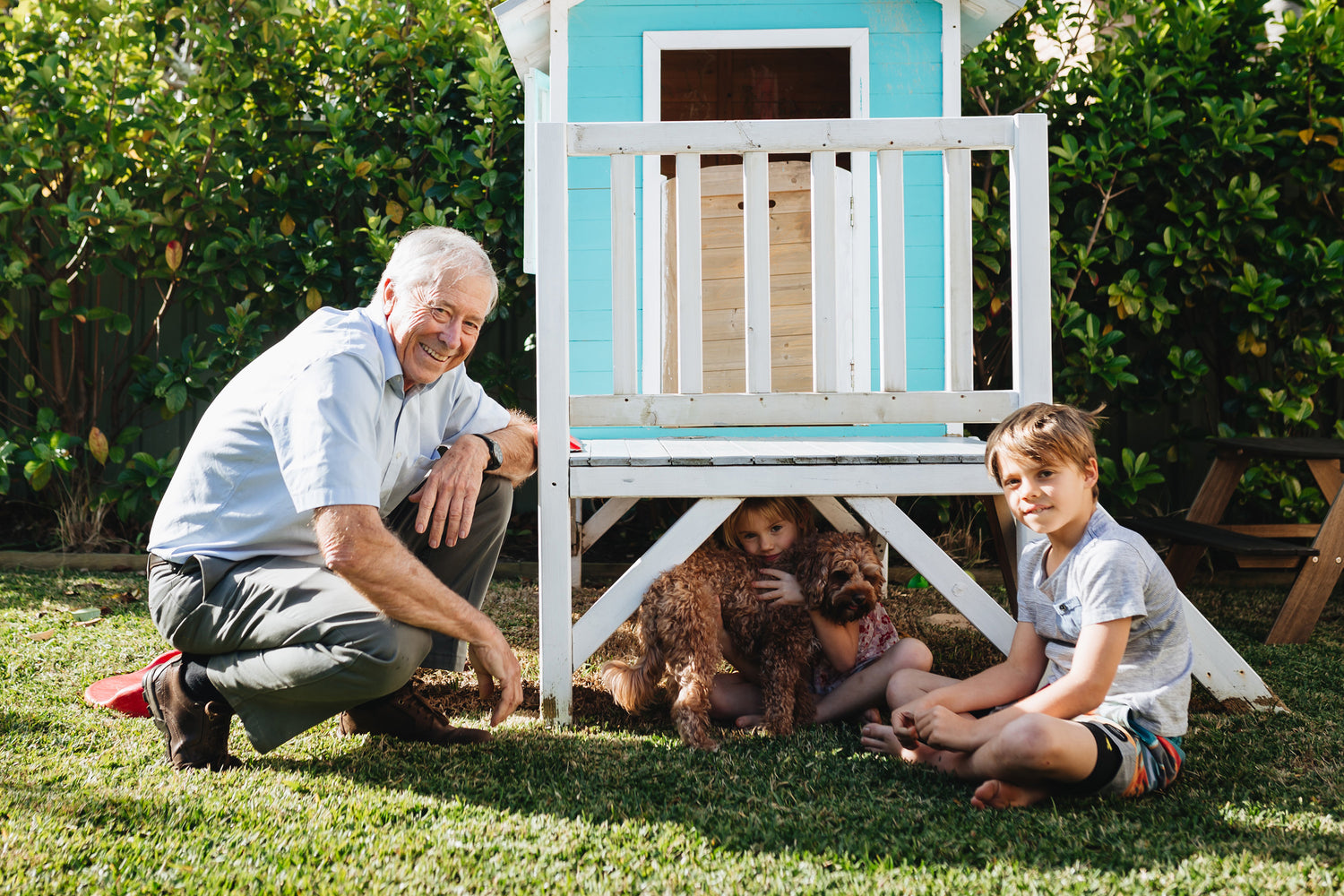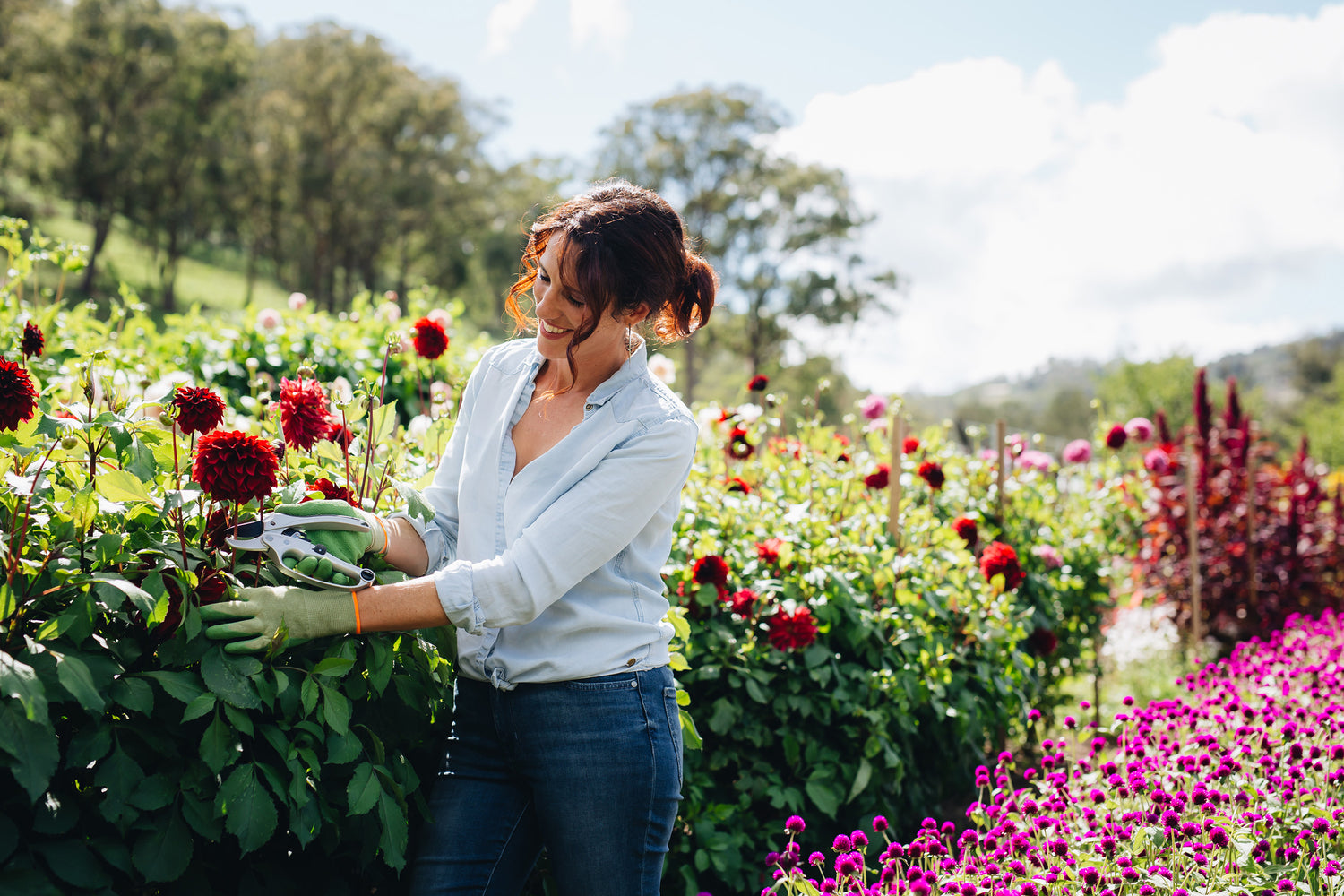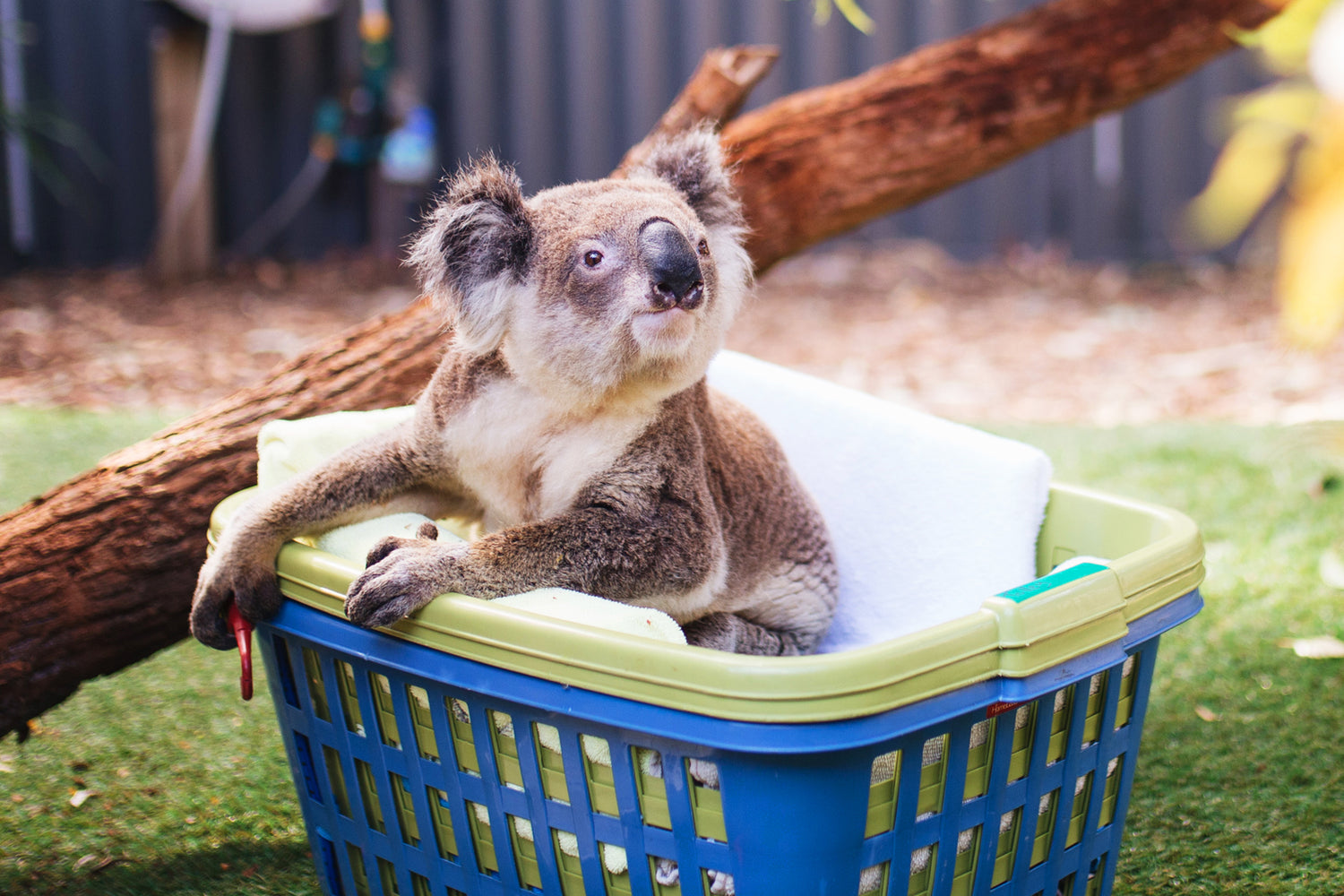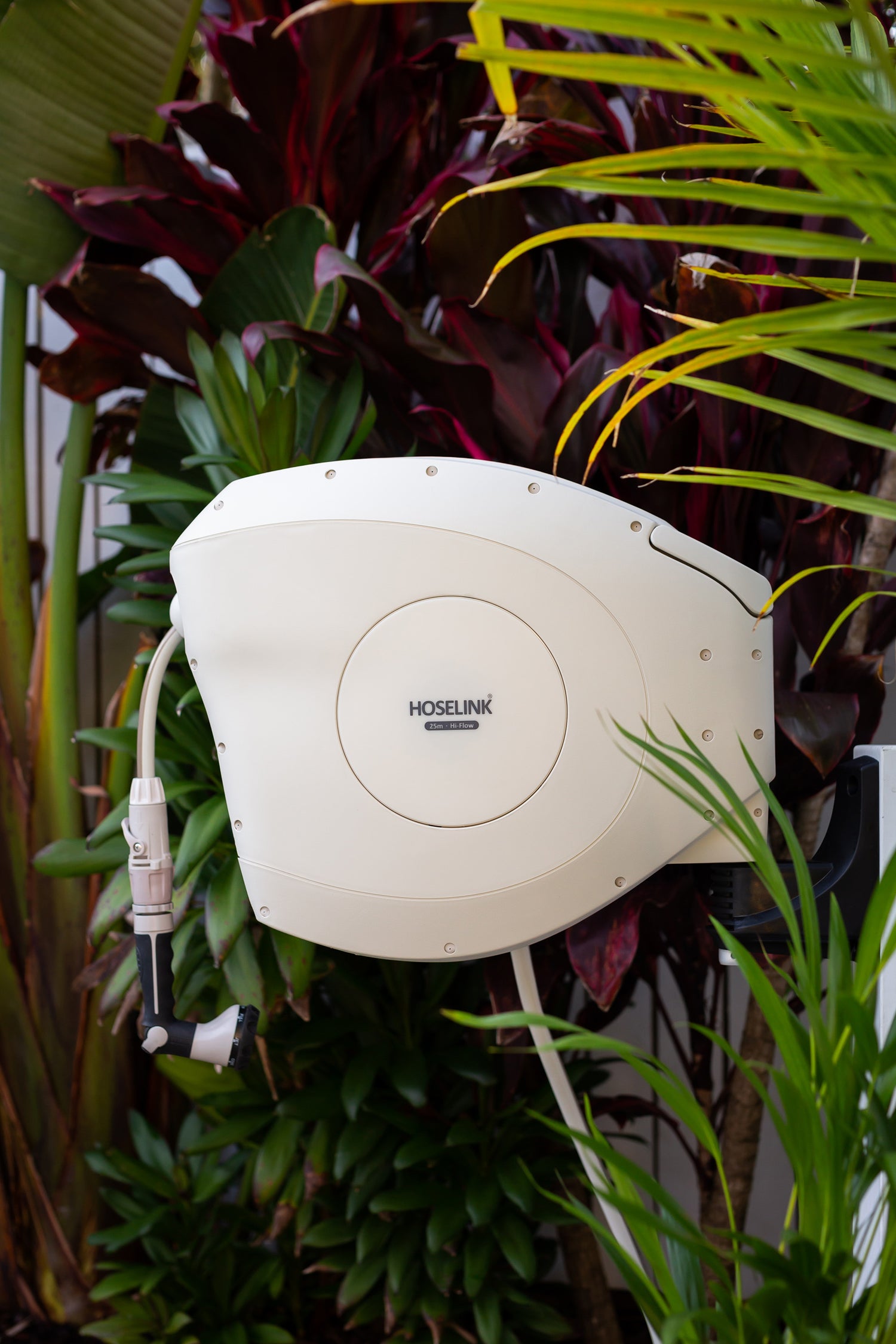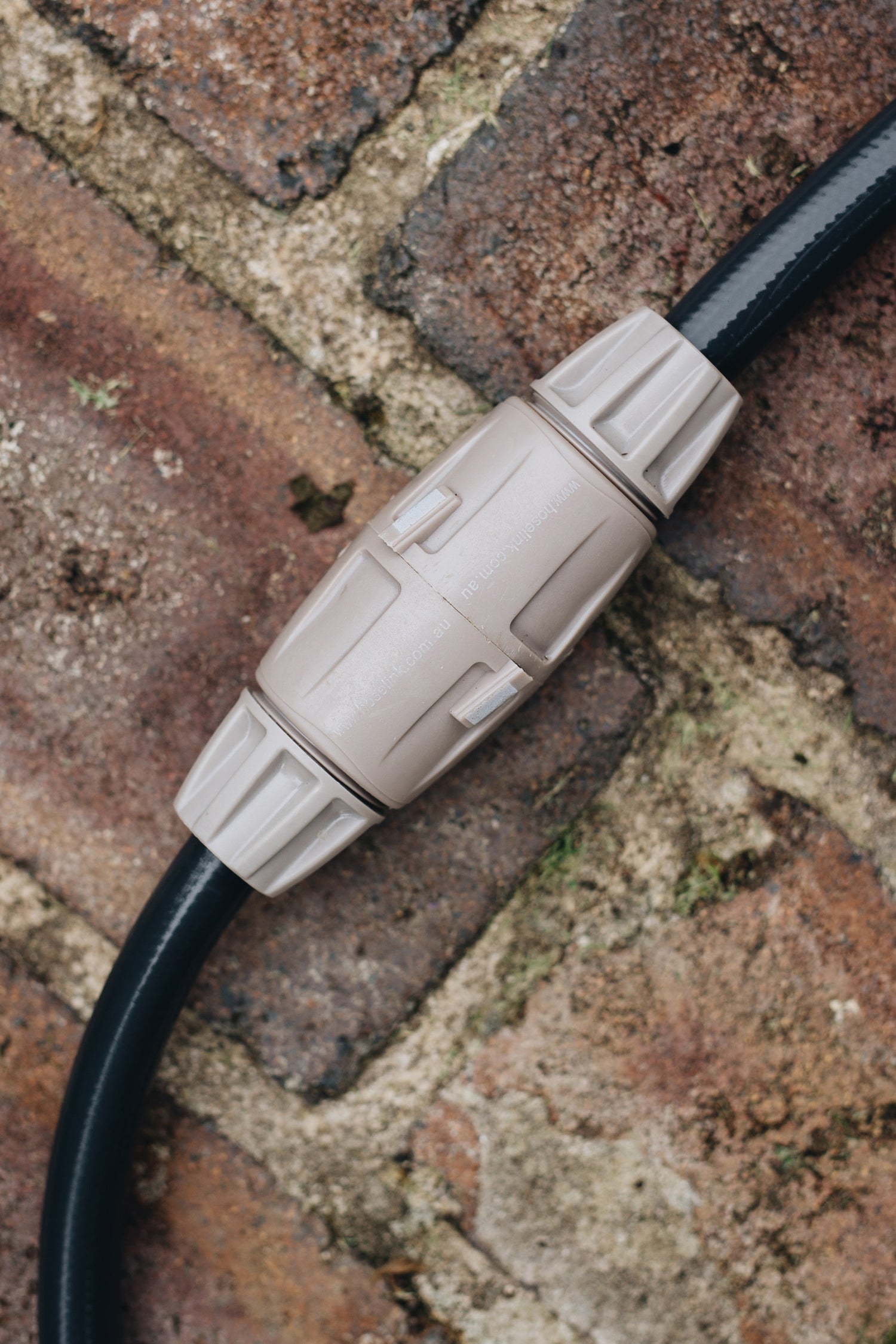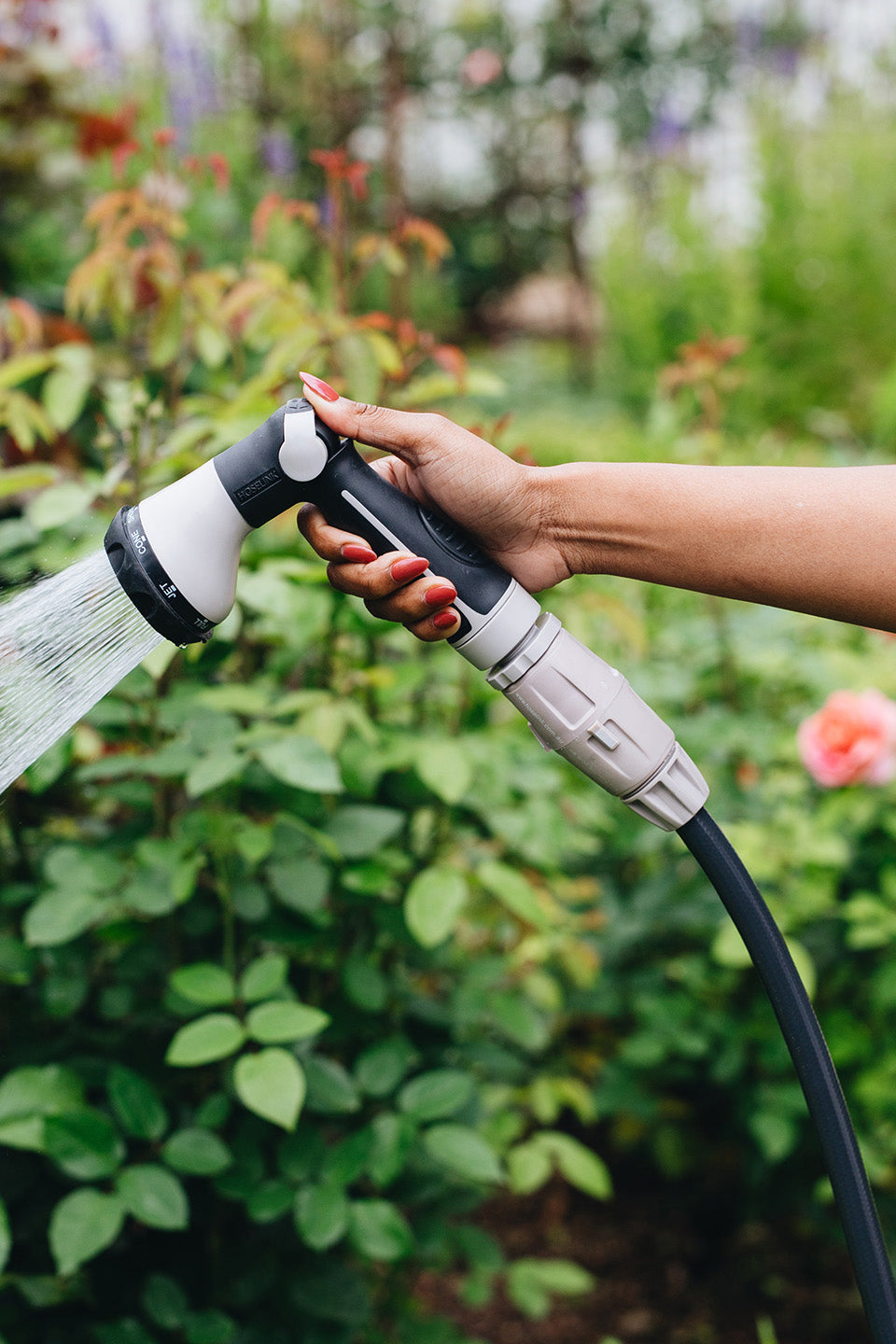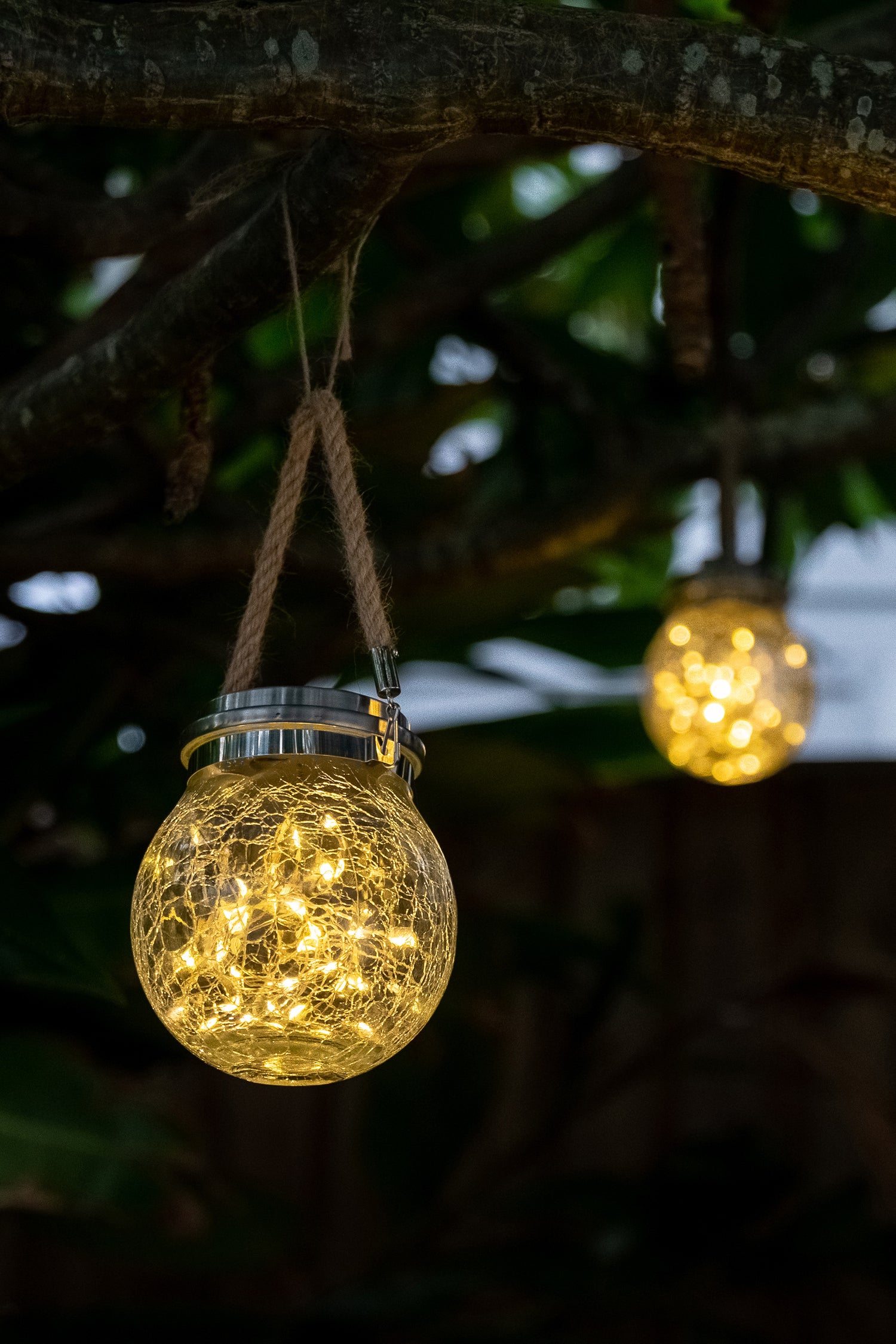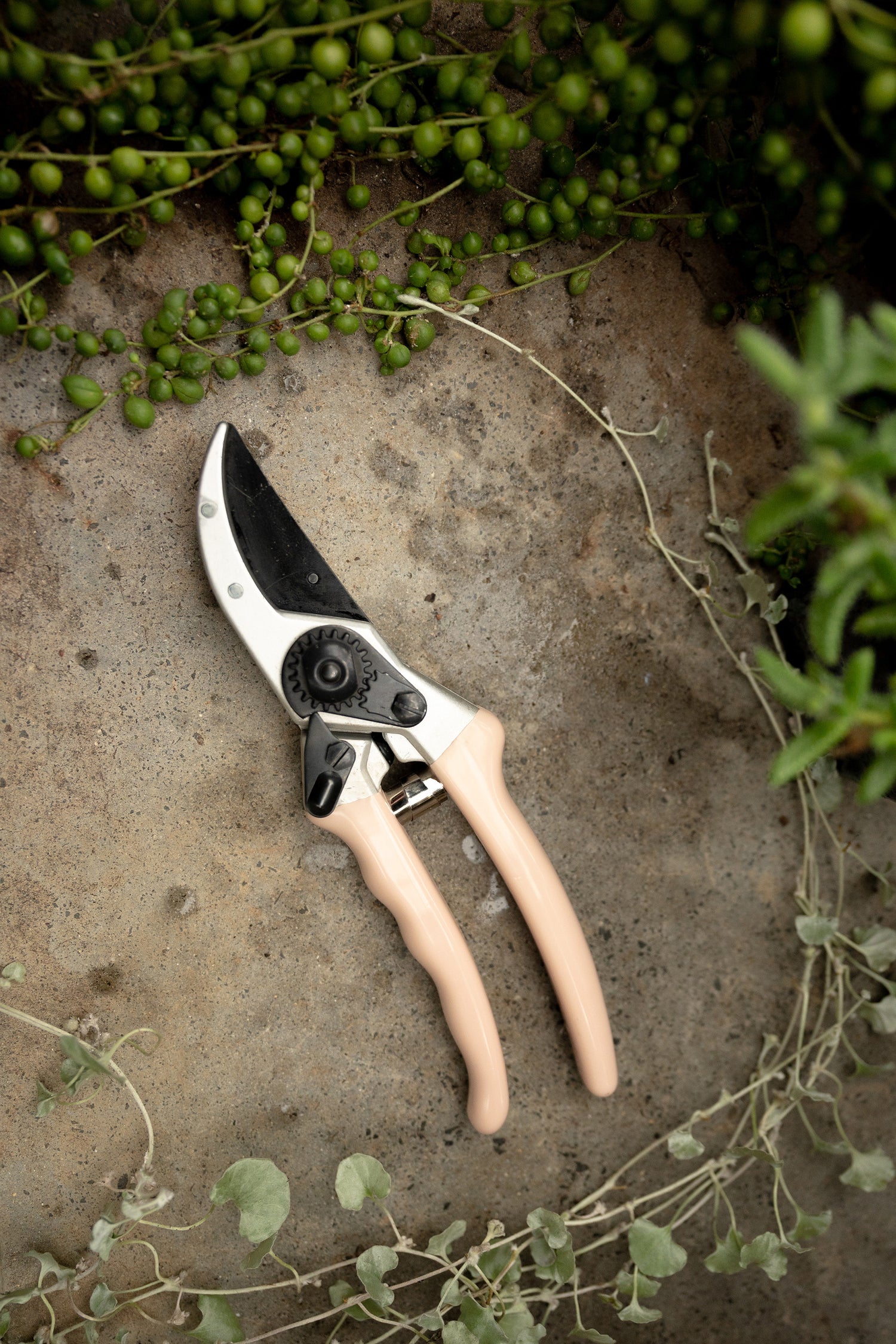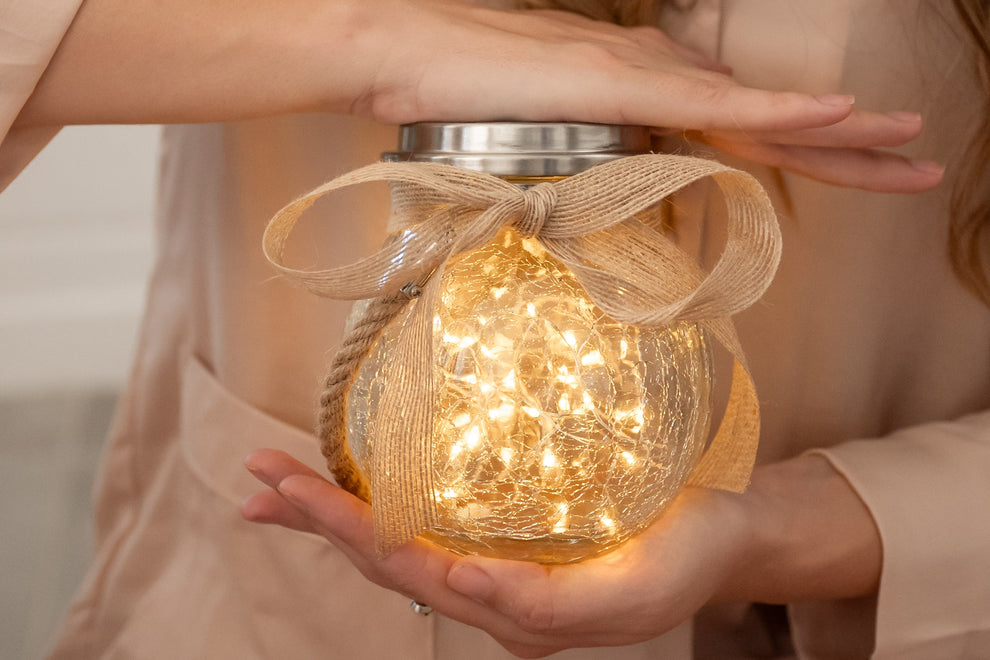During times of stress or uncertainty, it is important to pause and reconnect with nature. Gardening is not only good for us physically but is wonderful for our mental wellbeing too. There is a lot to be said about getting outside to enjoy a spot of gardening and fresh air in your own natural oasis.
Whether you grow your own produce or love to potter around outside amongst the flowers and trees, being in the garden often has a profoundly positive outcome for the mind and soul. We take a look at how to reap some of the mental benefits of gardening.
Focus and fascination

Studies have shown that simply viewing a green outdoor space from a window is enough to notice an instant feeling of relaxation.
Focus is the first step to achieving mental clarity. Focusing on the task at hand requires attention; however, too much attention can lead to anxiety and stress if jobs do not turn out the way we wanted them to. The delicate balance between focus and happiness is fascination. Fascination occurs when we have a genuine interest and level of care associated with a task. Fascination is a clear indicator that we have hobbies or an interest in something. When we garden, we are engaging physically and emotionally with the act of fascination. If we are sowing seeds, we become immersed in the moment by preparing the soil and forming a planter hole. Suddenly, we are concerned only with establishing the lifecycle of that seed and we begin to develop genuine care for the success of the plant.
The joy of being outside reaches far beyond the physical aspects, it’s a chance to stop and appreciate the nature that surrounds you. Listen to the noises of your environment next time you’re outside; the hum of bees and the friendly chorus of birds. Tuning into these sounds creates a sense of ambiance and will help centre you in the moment. When we are exposed to these pleasant natural noises, we focus on them, finding that our other thoughts drift away, leaving us less anxious and stressed.
Creativity

The act of gardening is very fluid. There are no rules or one correct method. You can garden on a large plot in your backyard or sow and grow assorted herbs on your kitchen windowsill, or on an apartment balcony. When we garden, the physical act releases a rush of endorphins that makes us feel good. This feeling is addictive and inspires us to spend more time outside. The creativity of gardening starts by selecting what seeds you want to sow. Is it vegetables you are interested in growing or a colourful flowerbed? The varieties of seeds you can sow are endless, and what you plant today will be entirely different for the next season. Many people consider gardening a creative art as it allows us to express our likes and dislikes. As with any original artwork, translating our thoughts to canvas, or in this case, the soil will enable gardeners to release all anxieties and be truly creative.
Satisfaction

Breathing fresh air and absorbing sunlight

There is nothing like getting outside in the sunshine and feeling the warmth of the sun on your skin. Studies have shown that humans are instinctively more at ease and relaxed when in a natural environment because of a base predisposition to understand and affiliate with nature.
Gardening is a great way to boost your daily vitamin D intake, which is essential for the body and absorbed only through sunray exposure. When natural sunlight hits the skin, it triggers the body's production of vitamin D. Vitamin D is a crucial vitamin for overall good health; it protects against inflammation, lowers high blood pressure, helps strengthen muscles, and improves brain function.
The sun is a key source of light and energy for all plants. Plants take energy from the light of the sun, carbon dioxide from the air, and water to make glucose that the plants then store for energy. Plants are also filled with vitamin D as a result of the sunlight that they absorb, providing an essential nutrient for animals. What is good for your garden is often good for you too.
Breathing fresh air also has a multitude of benefits for your mental health. Fresh air has been shown to improve blood pressure and heart rate, which dramatically reduces the symptoms of stress. With reduced stress comes a strengthened immune system leading to a healthier you. Studies claim that fresh air helps your respiratory tract and exercises your lungs to dilate them more fully while improving their cleansing action. Inhaling and exhaling fresh air will allow you to release airborne toxins in your body.
Social benefits

Gardening has many social benefits, which helps ease the pressure of mental stresses. Gardening offers the opportunity to network with friends and family as well as the local community if you wish to volunteer your time at a local shared garden.
Gardening is stimulating as it uses all your senses. Utilising your senses to feel textures, smell flowers, and admire colours is one of the great pleasures of gardening and something you can encourage others around you, especially children, to experience.
Another social benefit of gardening is the exchange of knowledge. Sharing your tips and tricks or learning from other gardeners keeps your mind active and occupied. Through this knowledge, you can gain additional skills to take part in meaningful activities. Gardening is a great teacher and some of the many benefits includes learning about the different elements and seasons that impact the growth of a plant.
Tips for getting started

• If you are not a gardener, why not start with a houseplant? Most houseplants require little maintenance and allow you to learn as you go, providing a significant first step before you advance into an outdoor garden space.
• No space is too small for gardening. Grow herbs on your balcony or plant veggies in the little alleyway next to your house. Experimentation with the amount of sunshine and water your plants receive will help you refine what plants will flourish best in your outdoor space.
• Grow what you like. If you are interested in growing your own food, start with a small vegetable patch and work with the seasons to discover which plants grow best at what time of year. If you would prefer a more low-maintenance garden, why not do some research into some naturally drought-tolerant plants and work them into your garden landscape?
• Engage the senses. Why not plant an aromatherapy garden or install seating to enjoy your green space from? Another option is to place a natural-looking water fountain or swing in your garden.
• Gardening puts you in control, so if you feel like your emotions are getting on top of you, get out into the garden and gain back some superiority in your own green space. At the same time, external factors like work and financial stresses may not be in order, but with gardening you can decide how to arrange your flower patch or what vegetables you want to plant, or which crop to harvest next.
• Make gardening a daily habit. This doesn’t mean that you have to spend hours and hours in the backyard but rather take time out like you would to have a shower; check on your herbs growing on your balcony, water seedlings or step out and sit in your green space to enjoy the sunshine for 15 minutes. You will quickly feel a sense of tranquillity and mental calmness.

